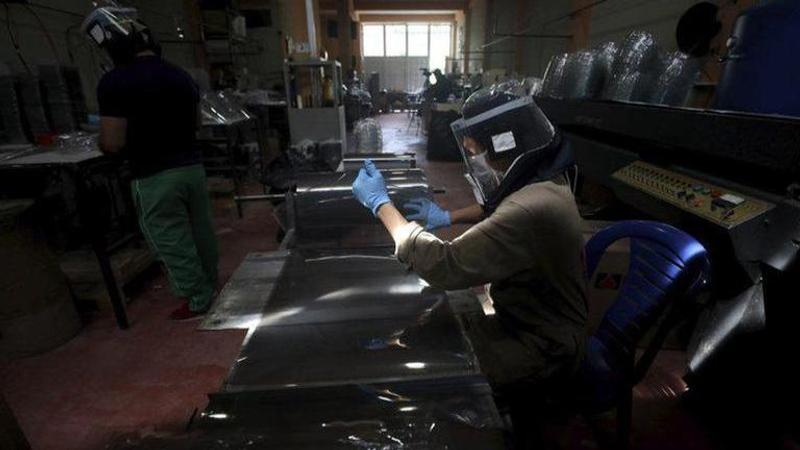Published 10:43 IST, May 1st 2020
Coronavirus drug's success prompts more questions
News that an experimental drug seems to be the first effective treatment for the new coronavirus has unleashed a flurry of interest from doctors and patients -- and questions about how soon it might be available.

Advertisement
News that an experimental drug seems to be the first effective treatment for the new coronavirus has unleashed a flurry of interest from doctors and patients -- and questions about how soon it might be available.
For 57 year-old Bill Clark, a study participant, he was excited to hear the news. At the time of his hospital stay, he suffered from Covid-19 symptoms and was offered to be a participant in the remdesivir trial at Emory University. He does not know if he received the placebo or the drug but will find out in a few weeks.
"But I've got to tell you, I watched the first dosage, and don't think I ever prayed over a medical procedure, as hard as I prayed for that 30 minutes, I hope that this would be helpful for me, and hoping this would be helpful for others," said Clark.
Talk turned Thursday to how quickly the federal Food and Drug Administration might act on Gilead Sciences's remdesivir after preliminary results from a major study found it shortened recovery time by an average of four days for people hospitalized with COVID-19. The company has said it will donate its current supply and is working to ramp up production.
No treatment currently is approved for treating the coronavirus, which has killed more than 230,000 people worldwide since it emerged late last year.
When independent experts monitoring the study called with the news that the drug was working, expert say they were interested in what would happen in Phase 2 of the trial
"We're also going to transition to the second part of that, ACT two, where we will look at treating all of our patients with remdesivir and then use a type of medicine called an immune modulator, medicine that knocks down the inflammation that developed during a covid-19 infection to see if that provides additional benefits to patients with covid-19," said Dr Aneesh Mehta who lead the study at Emory University
Here are some questions about the results and next steps.
Q. How much does the drug help?
A. Remdesivir reduced the time until patients could leave the hospital by 31% to 11 days on average versus 15 days for those just given usual care, preliminary results of the study found.
The drug also might be reducing deaths, although that's not certain from the partial results revealed so far.
About 8% of those on the drug died versus 11.6% of the comparison group, but the difference is not large enough for scientists to say the drug was the reason.
Q. What about folks with milder illness?
A. Remdesivir so far has only been tested in people with moderate to severe illness and is given through an IV in a hospital.
Even among those in the study there was "a very big span of illness," from people just needing a little extra oxygen to those requiring breathing machines, said Dr. Elizabeth Hohmann, who enrolled 49 patients in the study at Massachusetts General Hospital.
"We need more information to see how best to use it going forward" and which types of patients get the most benefit, she said.
Q. When will it be available and for whom?
A. The drug is not yet approved anywhere in the world for any use. The FDA could make it immediately available through an emergency use authorization, as it already has done for hydroxychloroquine, a malaria drug President Donald Trump has touted as a COVID-19 treatment.
Q. How much remdesivir is there and what will it cost?
A. Gilead said it was ramping up production, has 140,000 treatment courses now and is aiming for more than 500,000 by October and more than 1 million by December 1.
Gilead's own testing, also revealed on Wednesday, suggests that five days of treatment are as good as 10, so the estimates of how many can be treated with the available supply likely can be doubled, he added.
Q. How might having a treatment affect the impact the pandemic has?
A. Having to spend less time in the hospital reduces the risk of developing complications and other infections and of infecting health care workers, Kalil said.
That benefits other patients, by creating more availability in the hospitals.
Q. What about other drugs in testing?
A. Remdesivir will become a standard of care and any other potential treatments will now have to be tested against or in combination with it.
10:43 IST, May 1st 2020




